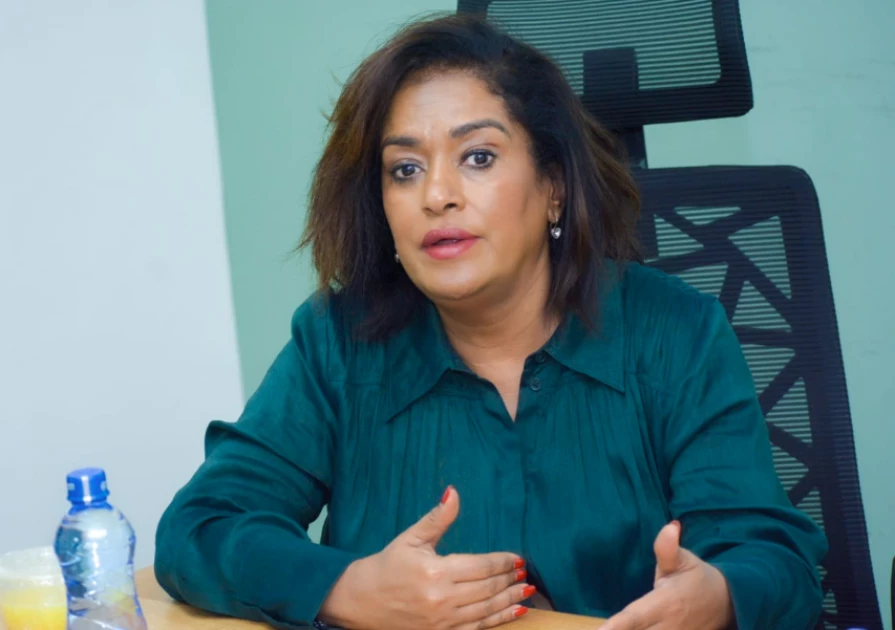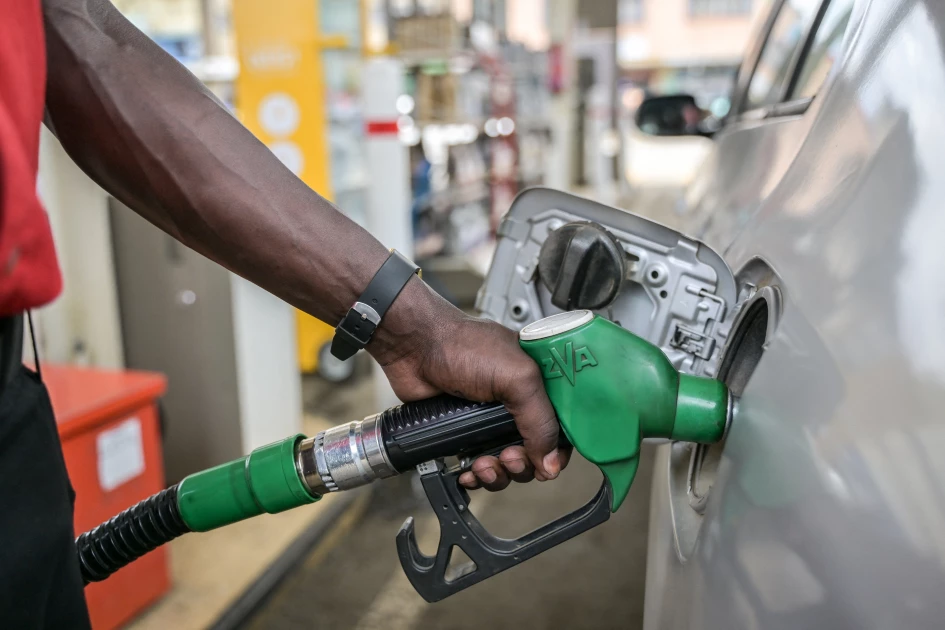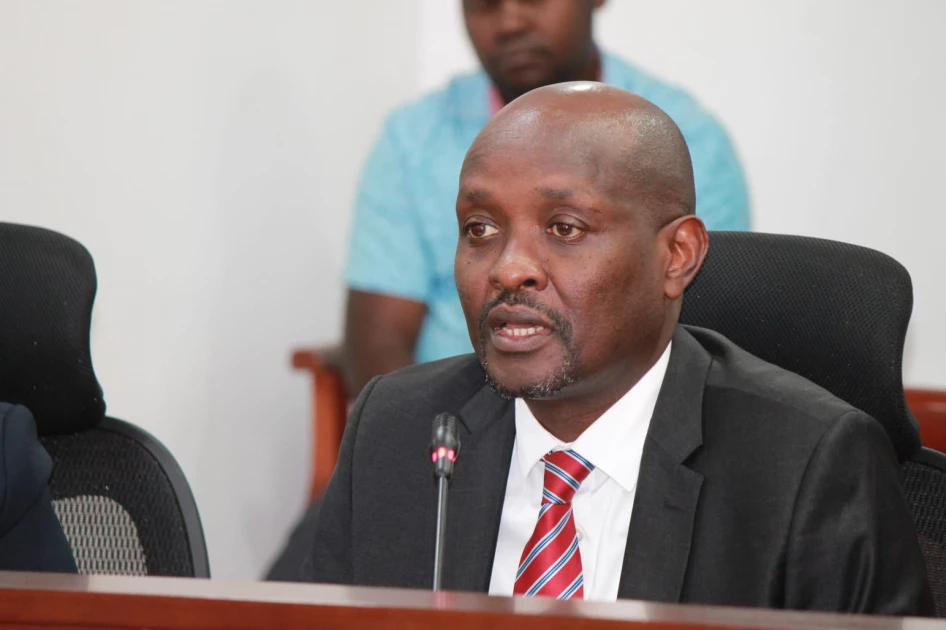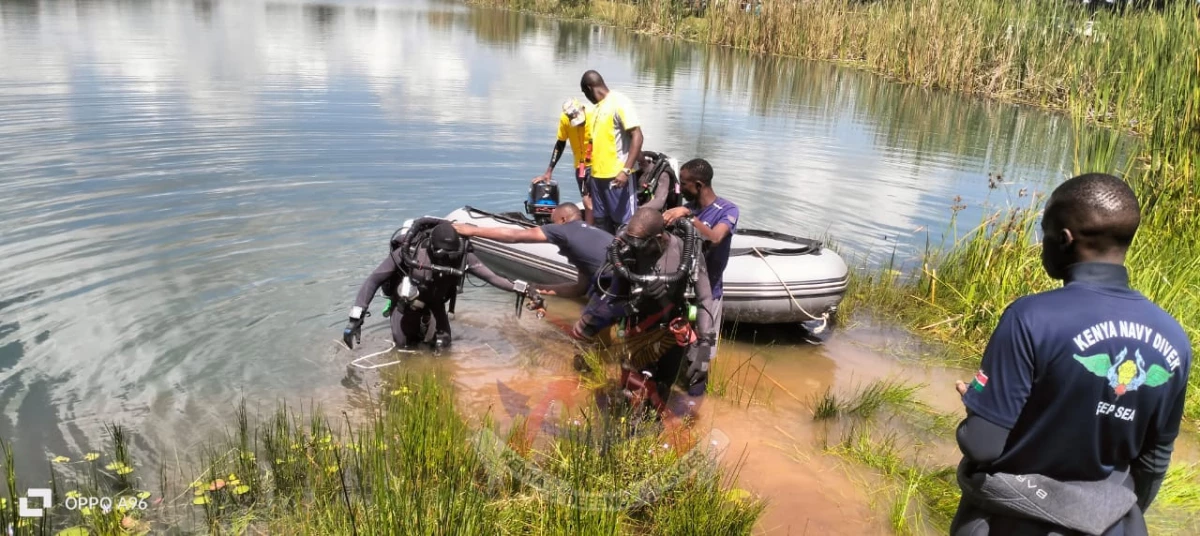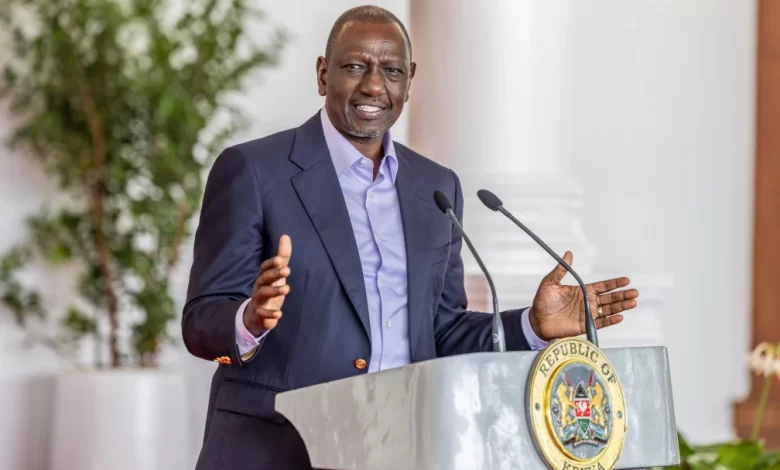
President Ruto has laid out an ambitious national blueprint, vowing to transform Kenya from a third-world nation into a first-world country within the next three decades. The pledge, centered on a 2055 deadline, was coupled with a more immediate promise to overhaul the derelict state of the capital city, Nairobi, and restore its dignity.
Speaking during the Africa Inland Church Ziwani 70th Anniversary in Nairobi, the President painted a picture of a future Kenya that rivals global economic powers, a vision he claims is backed by a concrete plan and political unity.
“In the next 30 years, Kenya will move from being a third country and will become a first-world country,” Ruto declared. “We have been a third world for far too long and it is now time. By the effort of our hands and the unity of the people of Kenya we want to move this nation to a first-world country by 2055.”
To underscore the collaborative nature of this grand ambition, the President revealed he has engaged in high-level talks with a broad spectrum of leaders, including former Prime Minister Raila Odinga, former President Uhuru Kenyatta, and Gideon Moi, as well as nearly 80% of Members of Parliament.
Nairobi: The First Test of a Grand Ambition
The vision for a first-world Kenya begins at home, with its bustling but often struggling capital. President Ruto decried Nairobi’s current state, specifically targeting the filth, unlit streets, and poor road conditions that have long frustrated residents.
“Nairobi cannot continue to be a city in the filth,” he stated. “We must not have mud along our roads. This city will have streetlights so that we make sure that Nairobi is clean, becomes motorable and a city in the light, not in darkness.”
The cleanup plan is already in motion, according to the President. He announced that the national government, in partnership with Nairobi Governor Johnson Sakaja’s county administration, has initiated the cleaning of the Nairobi River. Furthermore, the government is in the “final stages” of signing an agreement with the private sector to fund and execute a comprehensive city-wide cleanup.
Ruto emphasized that transforming Nairobi is an economic imperative. “Nairobi is a key economic hub and it must bear the appearance of a major development epicenter,” he noted, committing national government resources to the task.
A Call for Unity Amid Skepticism
Acknowledging the public’s skepticism towards such sweeping promises, President Ruto urged Kenyans to embrace a unified vision. He called for a collective shift in mindset, arguing that national progress is impossible without a common goal.
“We have the ideas, the plan, the people and the resources to move this country to a first-world country in our lifetime,” Ruto asserted. “Let us all unite and I am persuaded beyond any reasonable doubt that we will transform this country by 2055 and that is our target.”
These bold sentiments, however, land in a city where residents are currently lamenting poor infrastructure and failed county services. The immediate, tangible cleanup of Nairobi is now positioned as the first critical test of the administration’s ability to deliver on its long-term, generational vision for a first-world Kenya. The success or failure of this initial effort will likely determine the public’s faith in the ambitious 2055 dream.
